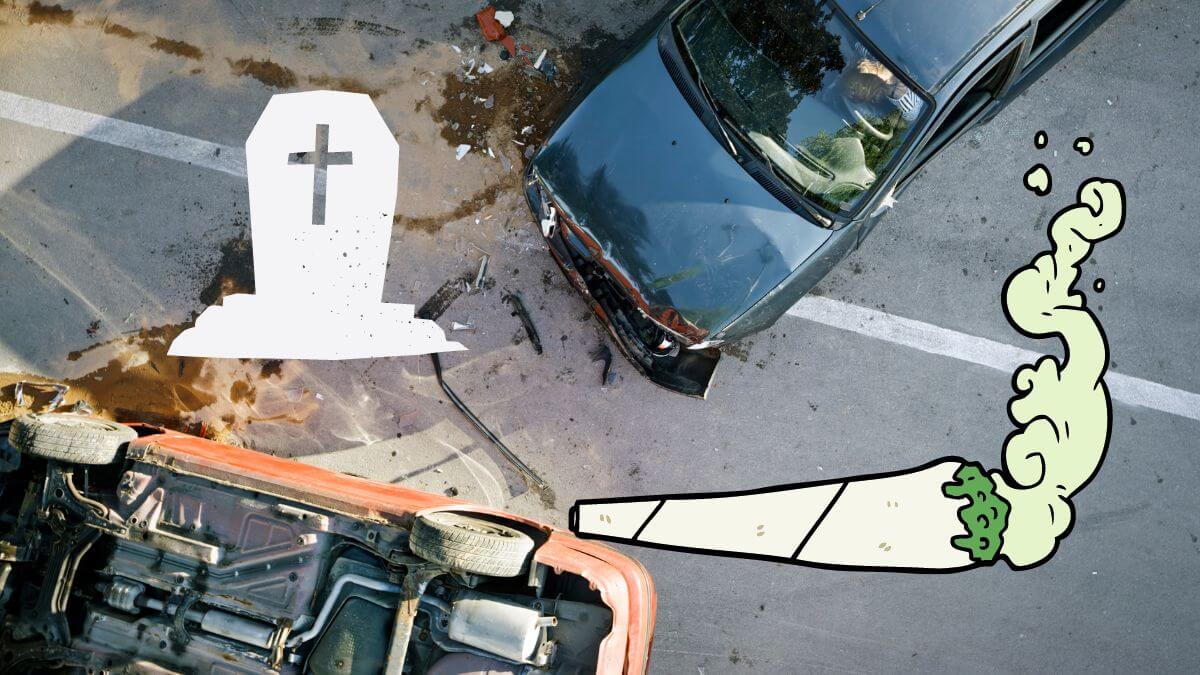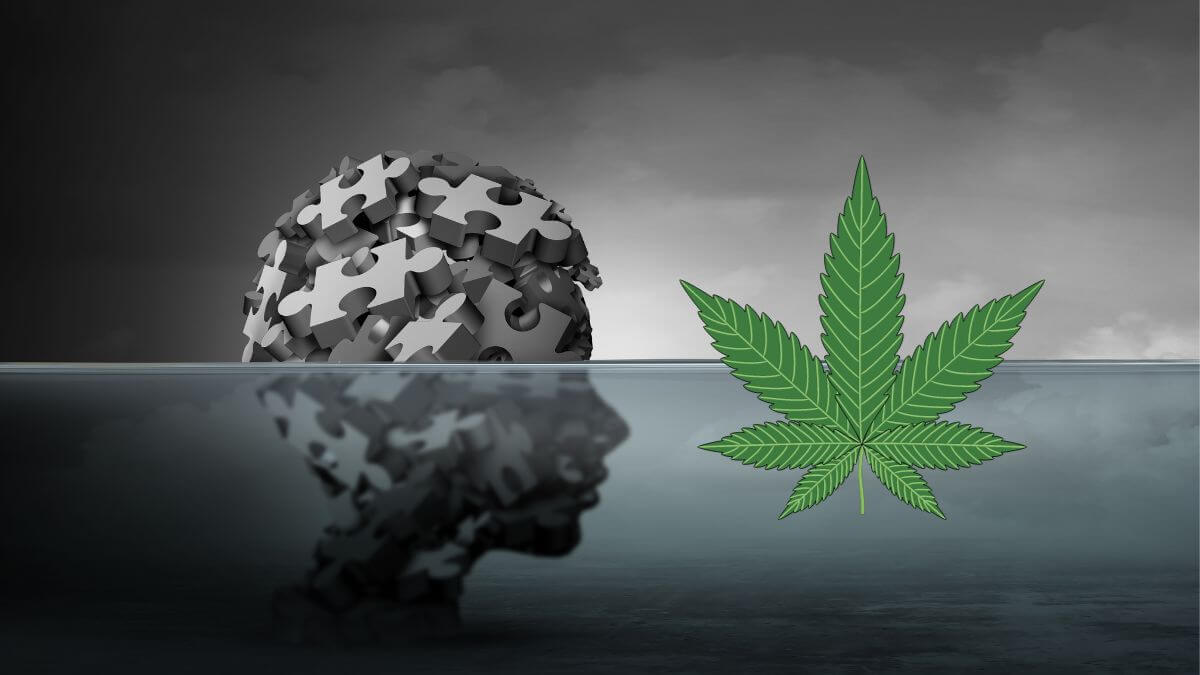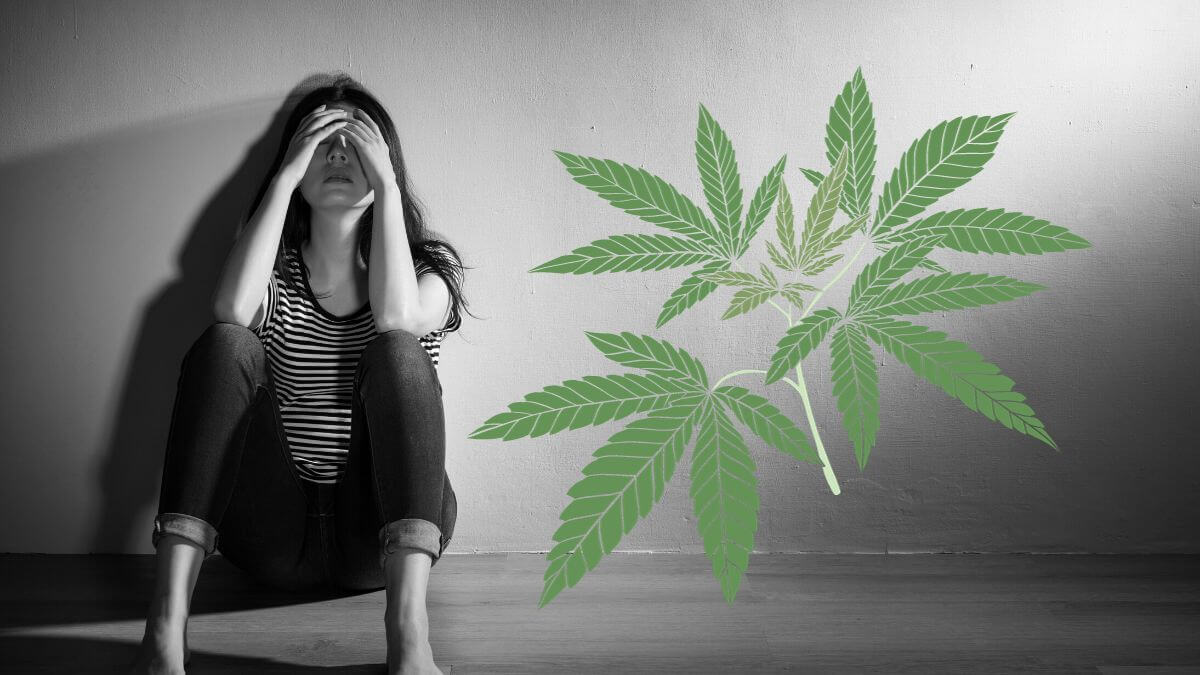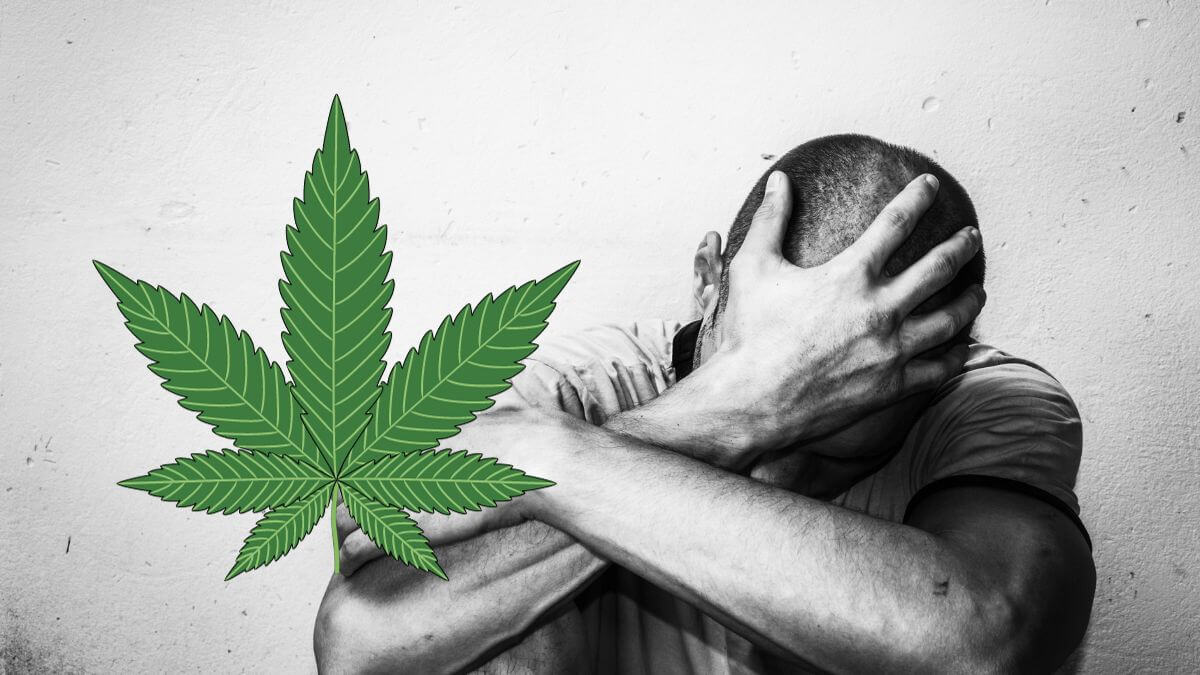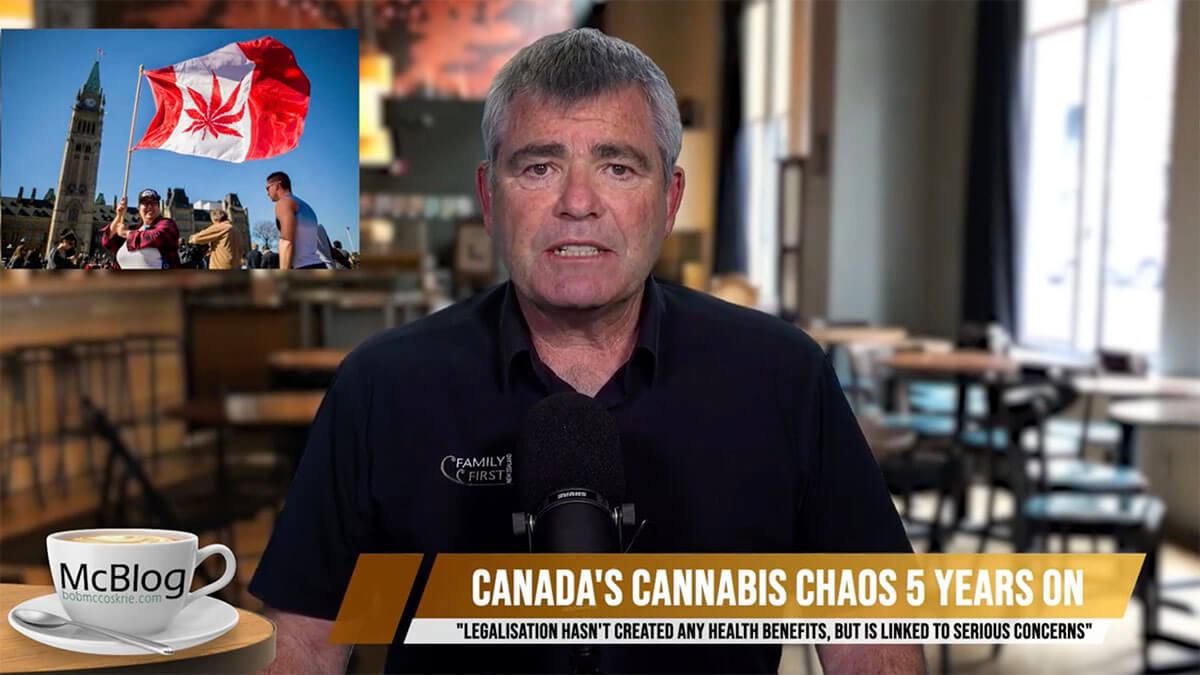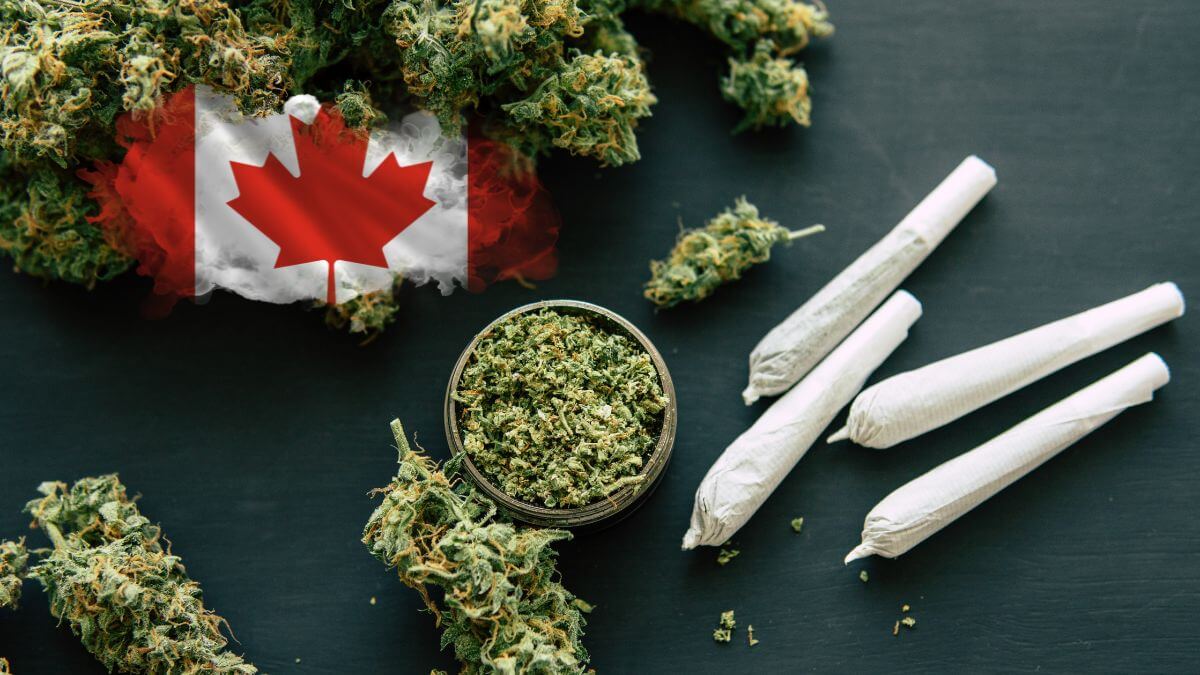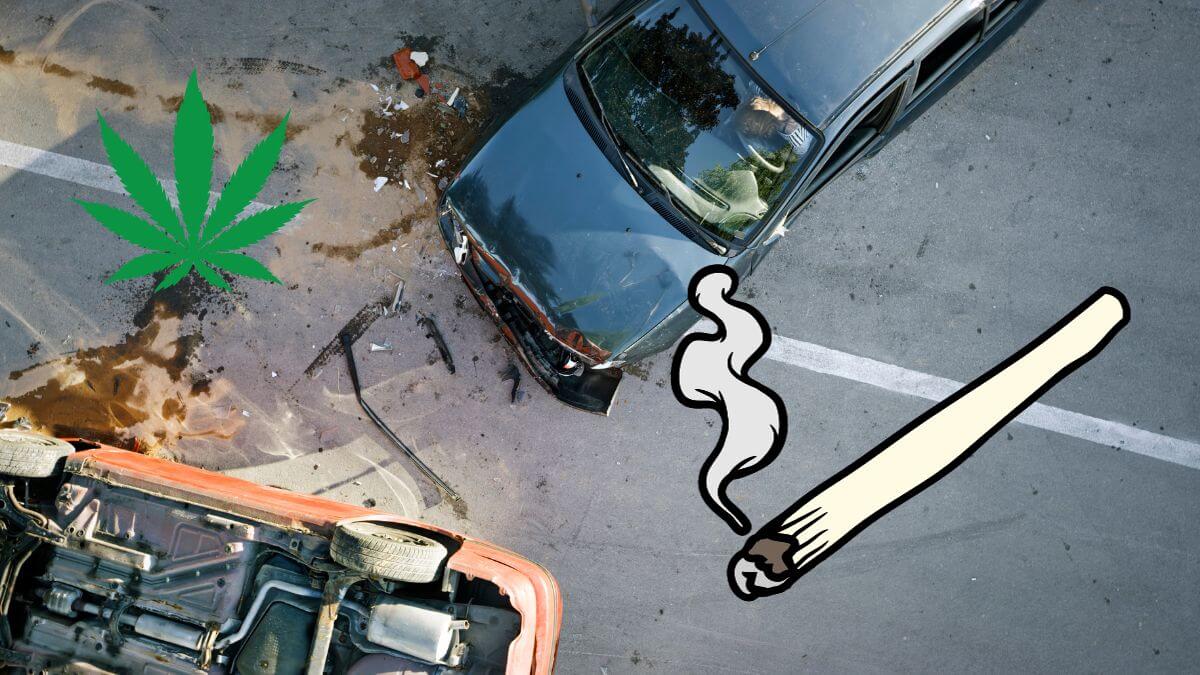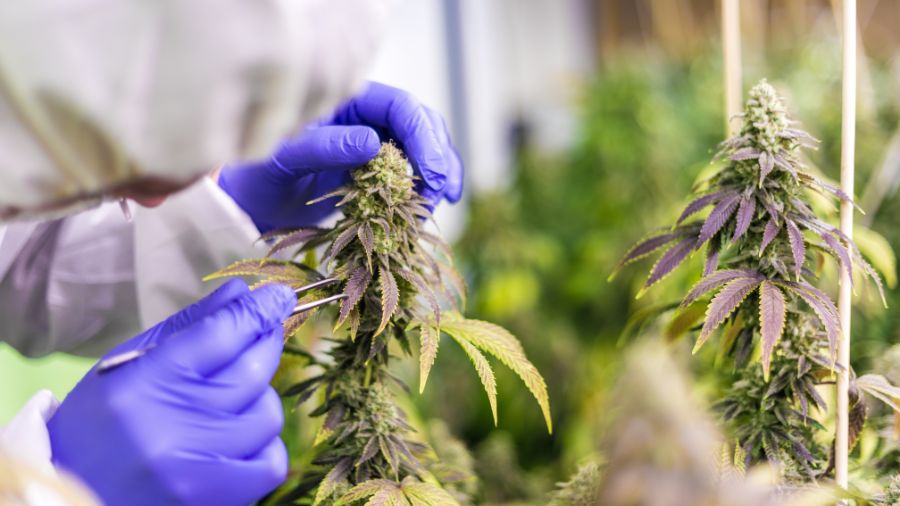
Warnings of Wild West Of Medicinal Cannabis
Family First is calling for caution around the use of medicinal cannabis which, when loosely regulated, can result in mental and behavioural disorders due to use of cannabinoids and psychotic episodes.
According to data obtained under the Official Information Act by Family First in August, New Zealand health authorities say that 461 patients have had a primary diagnosis of Mental and behavioural disorders due to use of cannabinoids, psychotic disorder in the last recorded 12-month period (22/23) – rising from 376 in 2019/20 – an increase of 23% over four years.
According to a recent report in Australia, “doctors are warning of a significant increase of people ending up in hospital with psychosis after being prescribed the drug. Their concerns come amid a proliferation of “single-issue” cannabis clinics setting up in Australia, some of them willing to prescribe via telehealth consultations with few checks. Brett Emmerson, Queensland chair of the Royal Australian and New Zealand’s College of Psychiatrists, says the college wants stronger regulations of medicinal cannabis products and prescribing practices.”
This is now a prospect for New Zealand, as reported in Newsroom today. Telehealth provider Dispensed which offers medical cannabis to patients through questionnaires and online appointments wants to set up shop in New Zealand.
It appears that Big Marijuana wants to sneak into New Zealand via the smokescreen of medicinal cannabis – which we always warned would happen. Combined with high-THC products, we are setting up the perfect storm of health and social problems associated with the drug.
The prescriptions for ‘medicinal’ cannabis is increasing in New Zealand, increasing from 22,506 in 2021 to 108,000 last year and 160,000 in the most recent period.
But it appears that the industry is becoming the wild west with high potency THC products being made available. During the Referendum in 2020, Patrick Gower found growers who were manufacturing a concentrated cannabis resin (dab) with an incredibly potent 81 percent tetrahydrocannabinol (THC).
Dr Marta Rychert, a senior researcher at Massey University who with co-author Associate Professor Chris Wilkins have just published NZ Medical Journal: Implementation of the Medicinal Cannabis Scheme in New Zealand: six emerging trends warn about the increasing prevalence of products high in THC, and the rise of private cannabis clinics.
Dr Rychert says “My hope is that cannabis clinicians prescribe responsibly.” But medicine should never be based on ’hoping’ that clinicians do the right thing, especially when it comes to such a controversial ‘medicine’.
Just last week, two men in Australia with mental health conditions were prescribed medical cannabis by a pharmacist who founded a medicinal cannabis company . One was hospitalised with psychosis, the other took his own life.
There are justified concerns about the prevalence of online prescriptions without adequate patient-doctor interactions. The report says that while medicinal cannabis is legal in Australia for certain conditions like severe childhood epilepsy and cancer-related vomiting, it’s often prescribed for anxiety and insomnia despite lacking evidence of effectiveness.
In 2021, the Faculty of Pain Medicine at the Australian and New Zealand College of Anaesthetists (ANZCA) said that there is no robust evidence from gold-standard studies that proves cannabinoid products effectively treast chronic non-cancer pain.
A significant study released at the time of the referendum found that “people who smoked marijuana on a daily basis were three-times more likely to be diagnosed with psychosis compared with people who never used the drug. For those who used high-potency marijuana daily, the risk jumped to nearly five-times.” By “high-potency” the researchers meant marijuana with THC content of just 10%+.
A study released in 2017 in the US and published in the journal JAMA Psychiatry found that marijuana use and marijuana use disorders – in which people use the drug in unhealthy or abusive ways – increased at a “significantly greater rate” in states with medical marijuana laws than in states without the laws.
Family First has always supported the expansion of further quality research into the components of the marijuana plant for delivery via non-smoked forms (‘medicinal cannabinoids’ products), and the establishment of a programme that allows seriously ill patients to obtain other non-smoked components of marijuana approved and listed by the Ministry of Health via their GP – but with appropriate regulation around safety and efficacy.
The Health Ministry needs to step up and ensure robust monitoring and enforcement of this new industry.
ENDS


